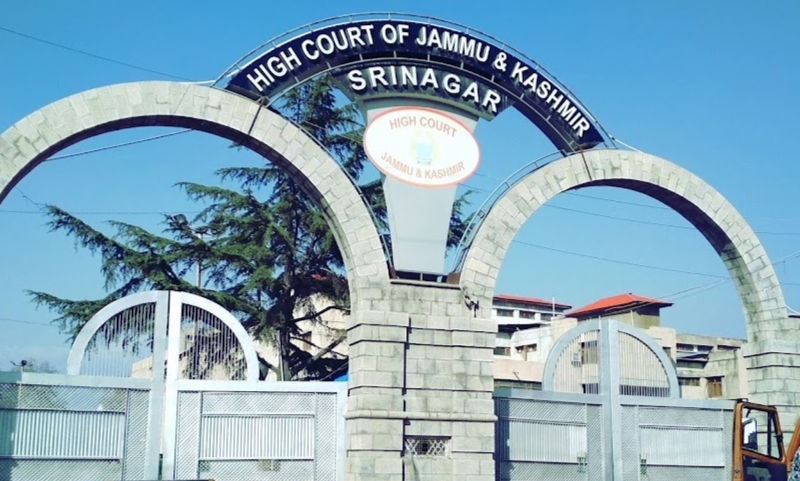Domestic Violence Cases | Undertaking Mediation Is Not Protection Officers' Domain: J&K&L High Court Issues Guidelines
Aasif Wani
4 Jun 2022 10:17 AM IST

Next Story
4 Jun 2022 10:17 AM IST
High Court of Jammu and Kashmir and Ladakh, last week, while framing guidelines pertaining to 'protection officer' in Domestic Violence cases said, "It shall neither be the duty of the Protection Officer nor his/her domain to undertake any mediation/conciliation once a Magistrate is seized of a domestic violence case."The Court said the protection officer is under statutory duty to assist...
